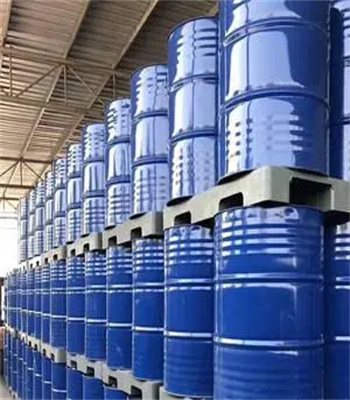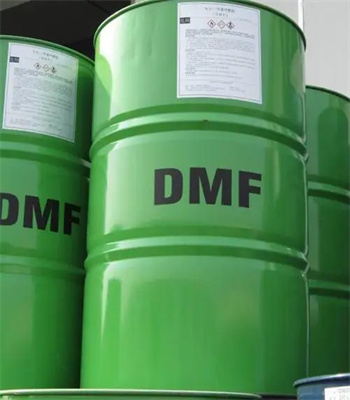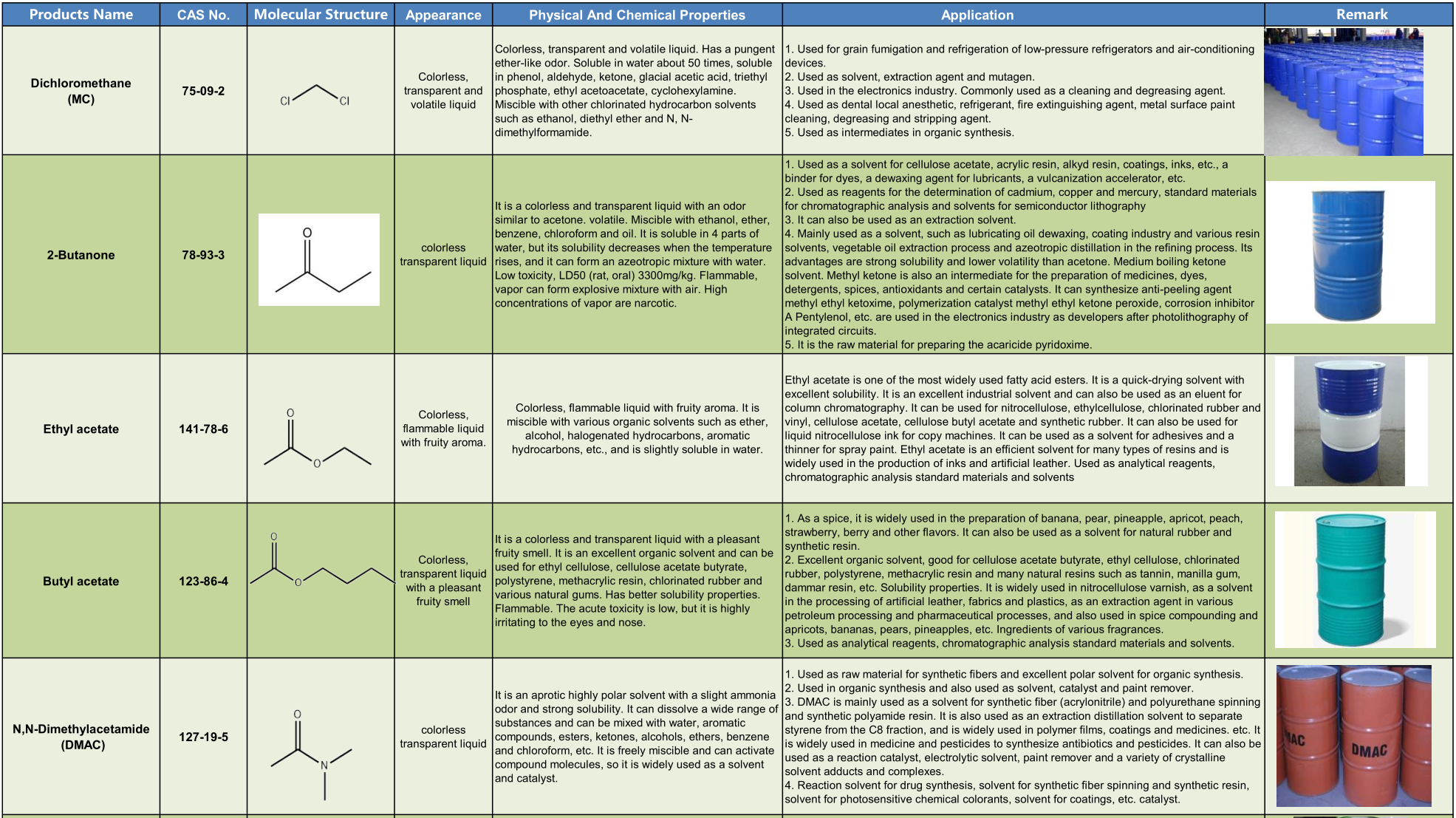
The preparation of polyurethanes generally involves the reaction of reactants in a suitable solvent. Common polyurethane reaction solvents include the following:
1. Organic solvents: such as dimethylformamide (DMF), N-methylpyrrolidone (NMP), dichloromethane, etc. These organic solvents can usually promote the reaction in polyurethane synthesis reactions and can also be used as solvents or dispersants for polymers.
2. Water: In polyurethane reactions, water is also often used as one of the solvents or reaction media. Especially in the synthesis process of some water-based polyurethanes, water can be used as one of the reactants to react with isocyanate to form polyurethane.
3. Other solvents: In addition to the above-mentioned commonly used solvents, other solvents or reaction media can also be used for polyurethane synthesis reactions, such as alcohol solvents, according to the specific reaction conditions and polyurethane preparation requirements.
Choosing the appropriate solvent is crucial to the polyurethane preparation process, as it can affect the reaction rate, product purity, and polymer structure and properties. In practical applications, it is necessary to select appropriate solvents according to specific synthesis conditions and requirements, and carry out reasonable proportions and reaction control to ensure the efficiency of the polyurethane preparation process and the stability of product quality.




